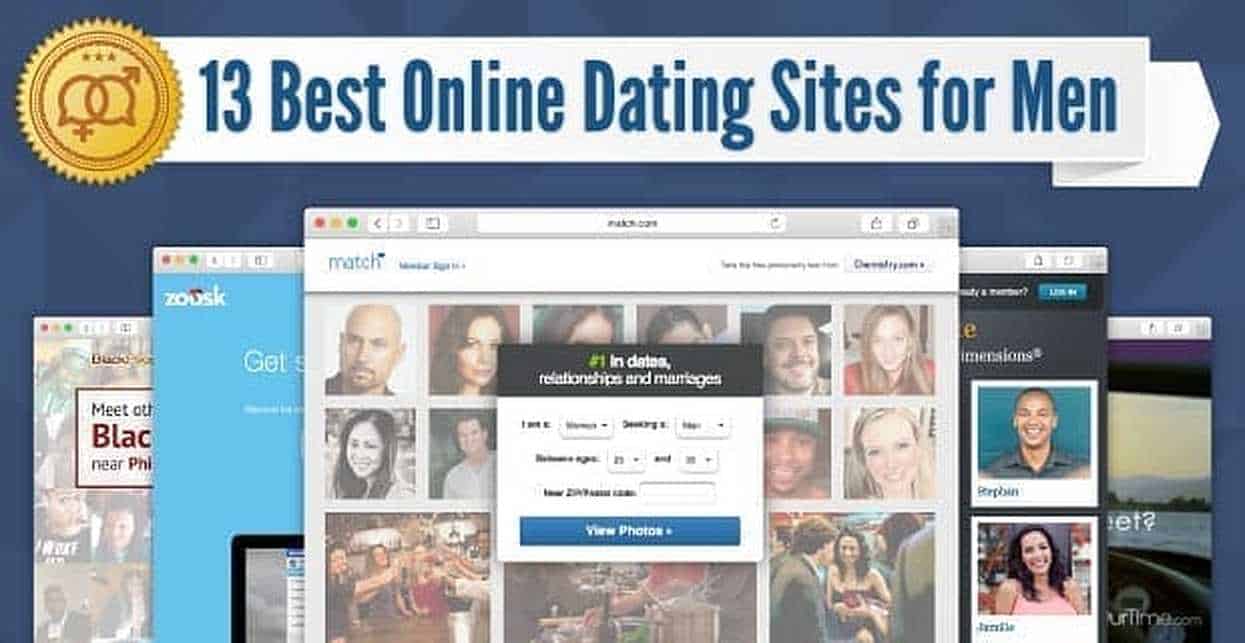There are a ton of terrible people in the environment, and OKCupid and Match. com won’t be able to do all that much to maintain you from going to dinner with them.
Additionally, relationship web pages aimed at heterosexuals tend to function a good deal of male harassment of woman users, in some cases to the position that women’s inboxes develop into adequately clogged to render the provider unusable. rn”If Tinder feels like assembly a stranger at a bar, Hinge feels like acquiring warmly launched at a cocktail social gathering”Tinder acquired all-around all those complications to a degree by demanding customers to “like” each individual other to match in advance of messaging.
- How to combat somebody who may be exceedingly clingy?
- How to deal with anyone I’m serious about?
- How fundamental is communication inside the romantic relationship?
- How will i find their way online dating as a general individual parent or guardian?
That eased the concept onslaught, but the relative sparseness of Tinder profiles usually means you have absolutely nothing to go on other than your match’s images and messages to you, which does not do considerably to support you ascertain no matter whether a stranger’s safe to fulfill at a bar. Hinge’s focus on matching with persons you share mates with signifies you can inquire all those mates to vet future dates. https://advicedating.net/best-dating-apps/ That’s not a fantastic protection, but it really is something.
When will i endure a bad to begin with day?
“I have satisfied up with somebody on Hinge simply because you have mutual buddies, so you can be eighty per cent certain they are not a full-on wacko,” just one person explained to the New York Times’ Kristin Tice Sudeman. “Hinge cuts as a result of the randomness of Tinder … I can get some comfort that she knows some of the similar people today I do,” yet another instructed her. A Hinge truth sheet sent together by McGrath touts “No randos” as a crucial feature: “If Tinder feels like meeting a stranger at a bar, Hinge feels like obtaining warmly introduced at a cocktail social gathering. “The mutual-pals element also enable the system bleed into offline relationship.

Buzzfeed’s Joseph Bernstein has an incisive piece on how relationship apps are providing rise to “offline-on the net courting” in which persons use “offline daily life as a discovery system for online relationship. ” Tinder has contributed to this to an extent, but as Bernstein states, Hinge “signifies the collapse of the offline-on the internet relationship distinction better than any other relationship app, since it exhibits customers the extremely persons they would be likely to fulfill by means of a buddy. “You could possibly meet up with a person at a mutual friend’s bash, strike it off but not exchange figures or make designs, and then operate into each and every other on Hinge (partially because of that mutual close friend), supplying you yet another shot. Or the application could present a safe and sound way to specific desire in a pal-of-a-good friend whom you are hesitant to technique in man or woman soon after all, they only uncover out you like them if they like you again.
- Would it be acceptable up to now anybody with young people?
- Has it been ok thus far an individual with different goals about love affair timelines?
- Can it be acceptable thus far somebody that continues to be legally hitched?
- The indicators that someone will never be during their last traumas?
- Once is it okay to date multiple people at?
- Just how do i deal with courting anybody with some other lovemaking tastes?
- What are some dialogue starters for any originally day?
How could i tackle courting a particular person making use of several quality of introversion/extroversion?
McLeod told Bernstein this dynamic has key attraction to Hinge buyers. Though the application stopped recommending genuine Facebook good friends to just about every other right after people complained, mates-of-mates and pals-of-good friends-of-close friends are much likelier to match than folks with no link (which, irrespective of Hinge’s greatest efforts, at times takes place). End users like forty four % of buddies-of-good friends, 41 % of pals-of-good friends-of-mates, and a mere 28 percent of people with whom they lack any connection.
8) How reasonable is the “Hinge is Facebook, Tinder is MySpace” analogy?Pretty reasonable, albeit not in ways that are entirely favorable to Hinge. The transition from MySpace to Fb was, as the social media scholar danah boyd has argued, a circumstance of digital “white flight. ” “Whites had been far more likely to go away or choose Facebook,” boyd explains.
“The educated have been far more possible to depart or pick Fb. These from wealthier backgrounds ended up extra probably to go away or select Facebook. Those people from the suburbs had been additional most likely to go away or pick out Facebook. “In some sense, this was baked into Facebook’s premise. It started out among college or university learners – in distinct amongst Harvard students, and then pupils at other remarkably selective, elite schools, and then college students at all colleges, and so on. It grew out of an first user foundation that was largely rich and white little by little it turned involved with the bourgeoisie and MySpace with the proletariat.
